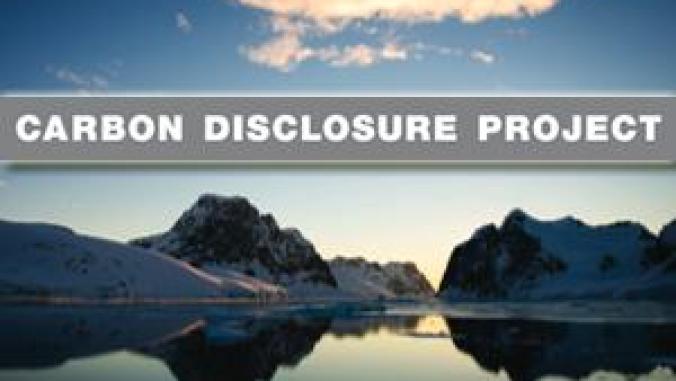California's Climate Law Hits a Speed Bump
<p>A California judge has tentatively ruled that the state's air board didn't comply with the California Environmental Quality Act (CEQA) when it adopted a plan to carry out the state's climate change laws.</p>

Image CC licensed by Flickr user Jeff's Nikon
A California judge has tentatively ruled that the state's air board didn't comply with the California Environmental Quality Act (CEQA) when it adopted a plan to carry out the state's climate change laws.
In a tentative decision Jan. 21, Superior Court Judge Ernest Goldsmith ruled that the California Air Resources Board (CARB) failed to carry out the CEQA review before adopting its Scoping Plan. He also ruled that CARB should have properly analyzed other alternatives to its emissions cap-and-trade program.
Some worry a final decision upholding Goldsmith's tentative ruling could stall AB 32, the state's aggressive climate change law. A final decision could come Tuesday, the same day CARB must file its response to the ruling.
The tentative decision is the result of a lawsuit filed by environmental justice groups, which contended that CARB didn't weigh all options before adopting the Scoping Plan. One such group, The Center on Race, Poverty and the Environment (CRPE), said it wanted to make the plan better, but not suspend it.
According to CRPE, the Scoping Plan doesn't ensure protections for low-income communities and communities of color, and also "fails to achieve the maximum technologically feasible and cost effective reductions of greenhouse gases." The group contends a cap-and-trade program allows polluters to buy emissions reduction permits rather than reduce their own emissions, providing little benefit to communities impacted by industrial pollution.
"By no means is it a victory to halt implementation of a law meant to improve public health," Alegria DeLaCruz, a CRPE attorney, told the Associated Press last week. "It's about how to do this best that is really at the heart of this."
In a blog post, Tom O'Connor of the Environmental Defense Fund wrote that the tentative rule affirmed CARB's authority under AB 32, the state's climate change law, to carry out a cap-and-trade program with other emissions reduction measures.
"The ruling also states that CARB should have more fully assessed alternatives to emissions trading in its companion CEQA document," O'Connor wrote. "In response to this finding, the court requests that state regulators halt implementation of AB 32 and complete further analysis. The court also raised a larger question about whether one of CARB's long-standing procedures for regulatory adoption is potentially flawed at meeting the 'spirit of the [CEQA] law,' an issue that will likely warrant further attention."
AB 32, formally known as the Global Warming Solutions Act of 2006, aims to reduce emissions in the state to 1990 levels by 2020 though a variety of measures, including the greenhouse gas cap-and-trade program, cleaner fuels, ship electrification at ports, higher appliance efficiency standards, reducing landfill emissions, and a renewable portfolio standard, among others.
Image CC licensed by Flickr user Jeff's Nikon.




